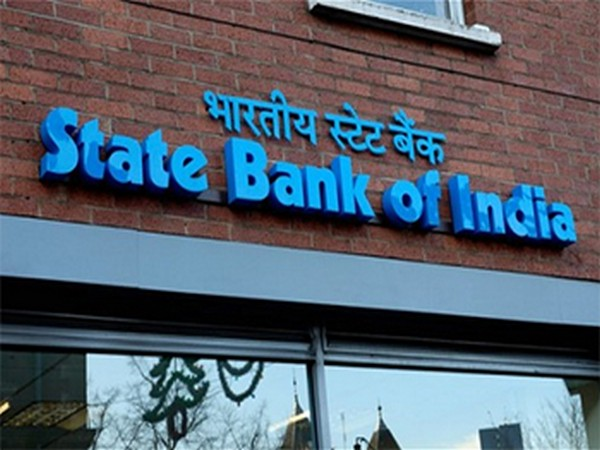High prices of imported crude, gold, and chemicals contributed to high inflation: SBI report


A recent report from the State Bank of India (SBI) highlights that soaring prices of crude oil, gold, and imported chemicals are among the key contributors to the current high inflation in India. The report comes amid growing concerns about the rising cost of living and its impact on consumers and businesses.


Imported Crude Oil and Inflationary Pressure
The report points out that the volatile global oil market has significantly affected India’s inflation trajectory. With India relying on imports to meet 85% of its crude oil demand, fluctuations in international oil prices have a direct impact on fuel costs and transportation expenses, further cascading into higher retail prices for essential goods.
In recent months, oil prices have hovered above $90 per barrel, putting additional pressure on petrol, diesel, and LPG prices. The spillover effect is visible in increased logistics and manufacturing costs, ultimately driving inflation across sectors.
Gold Prices Surge Amid Global Uncertainty
The report also notes that rising gold prices have contributed to inflation, particularly affecting jewelry and retail sales. Gold prices surged due to global economic uncertainties, geopolitical tensions, and central bank purchases, prompting a shift among investors toward safer assets. In India, which is among the world’s largest consumers of gold, the high import cost has pushed domestic gold prices to record highs, adding pressure on consumer spending.
Gold’s increasing demand, especially during the festive season, has also created inflationary demand pressures, according to SBI’s analysis.
Imported Chemicals Affect Manufacturing and FMCG Sectors
The SBI report highlights how the high prices of imported chemicals have impacted industrial production and FMCG (Fast-Moving Consumer Goods) sectors. India relies on imports for key raw materials, including fertilizers, petrochemicals, and specialty chemicals, which are essential in industries such as textiles, pharmaceuticals, and food processing.
With global supply chains still adjusting to post-pandemic disruptions, the increased cost of chemicals has led to higher production costs for businesses, which are being passed on to consumers in the form of higher retail prices.
Inflation Remains a Challenge Despite Policy Efforts
The Reserve Bank of India (RBI) has taken several steps to manage inflation, including interest rate hikes and liquidity management measures. However, external factors like high crude oil prices and global commodity trends limit the central bank’s ability to control inflation effectively.
The SBI report suggests that import-dependent inflation is likely to persist in the near term unless global commodity prices stabilize.
Outlook and Recommendations
The report concludes by emphasizing the need for diversification of import sources and promotion of domestic production to reduce dependence on volatile global markets. Encouraging domestic exploration of oil and gas, expanding gold recycling initiatives, and strengthening chemical manufacturing capacities are highlighted as key steps to mitigate inflationary pressures in the long run.
Additionally, SBI recommends temporary subsidies and tariff adjustments on key imports to ease the burden on consumers and industries while global markets stabilize.
Recent Posts
Pahalgam attack fallout: Pakistan violates ceasefire; India releases names of 14 ‘active terrorists’ in Kashmir | Full list
Indian soldiers inspect the site in the aftermath of an attack in Pahalgam, about 90kms (55…
Pahalgam guide became guardian angel for Chhattisgarh BJP worker: ‘Hugged the children, saved their lives’
When the attack took place on Tuesday, Agrawal (35) said other tourists pulled him to safety,…
Two terrorists killed in encounter in Baramulla’s Uri day after Pahalgam attack
Indian Army said the encounter broke out on Wednesday with approximately two-three terrorists attempting to infiltrate…
PM Modi’s Saudi trip | Nations to ink 6 pacts, PM to discuss Hajj quota with Crown Prince
Mr. Modi is on a two-day trip to Saudi Arabia at the invitation of Crown Prince…
J&K weather: Torrential rain wreaks havoc in Ramban, 3 killed; schools shut in valley today
Five people have lost their lives in rain-related incidents in the Jammu region in two days.…
4 killed as Municipal Corporation’s electric bus rams vehicles at traffic signal in Gujarat’s Rajkot
Driver hospitalised; CCTV shows bus didn’t stop at signal; RMC announces ₹15 lakh compensation to…


